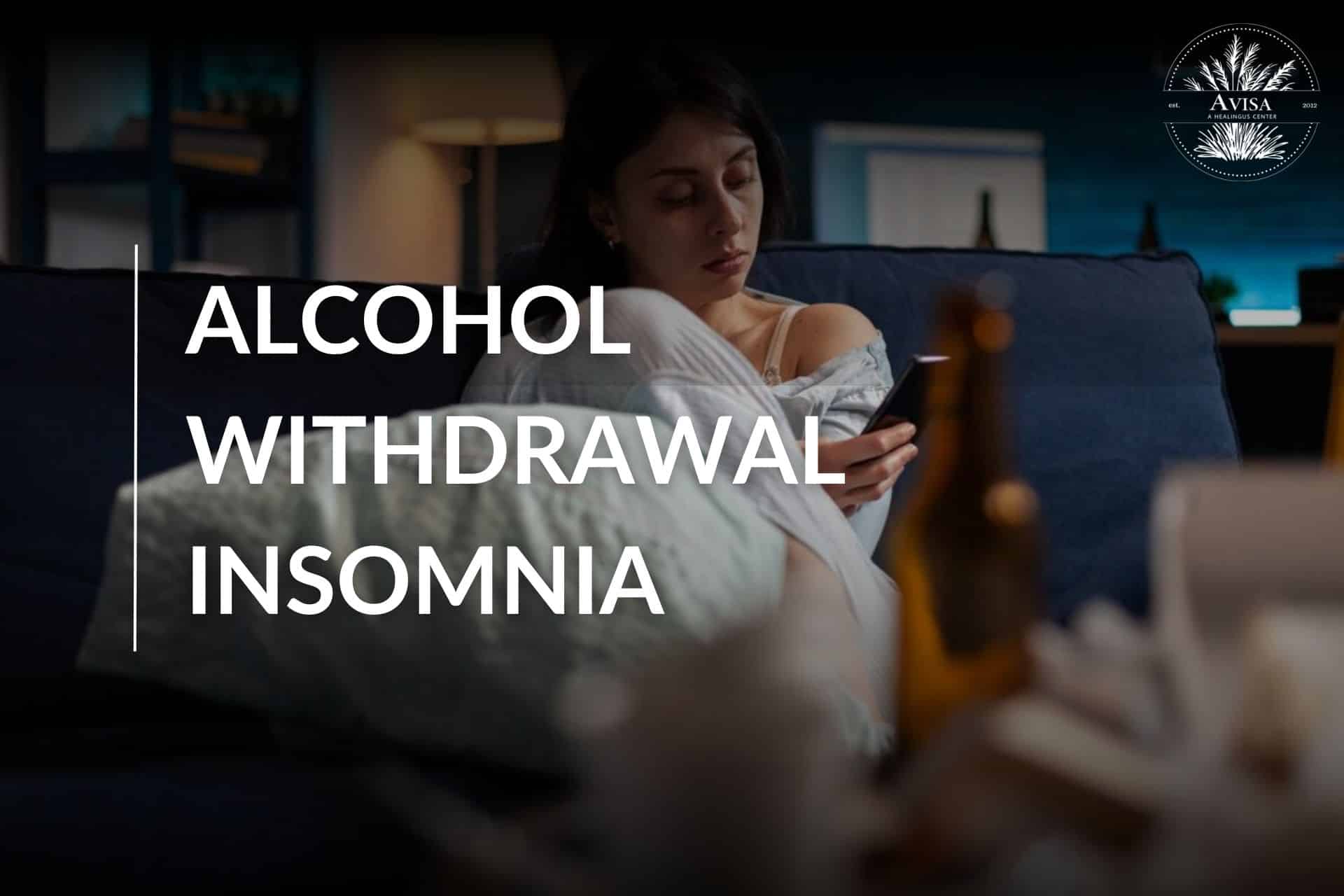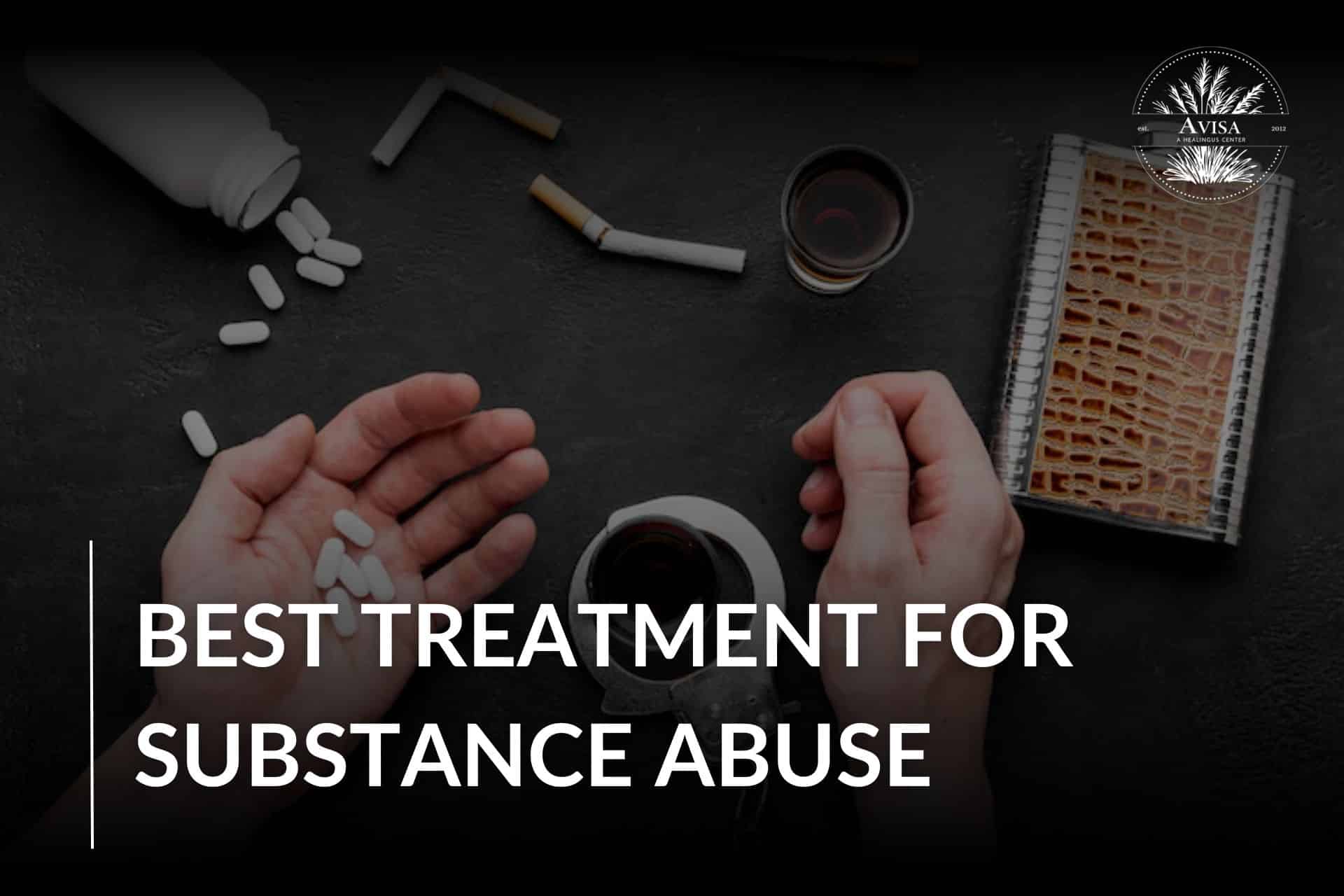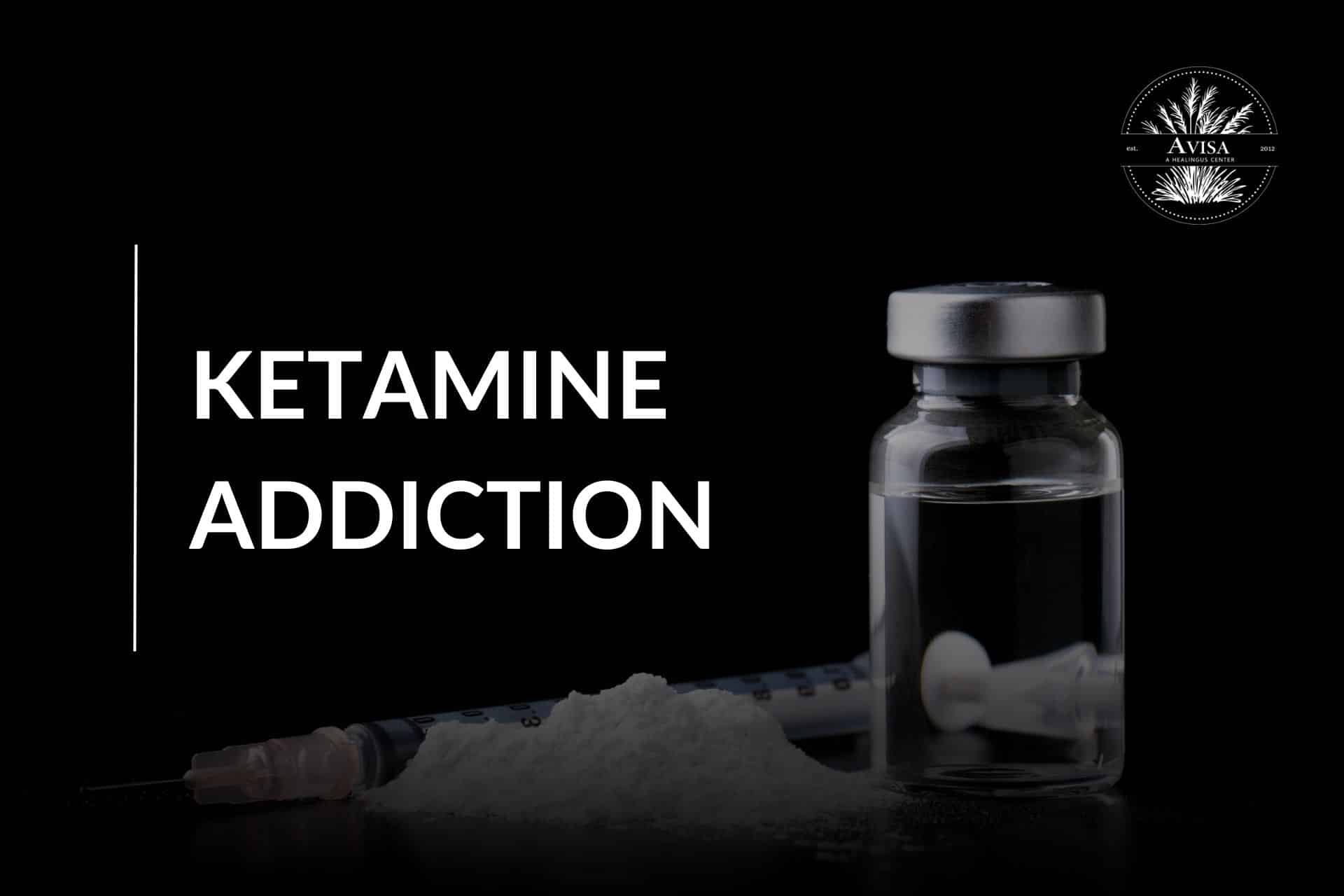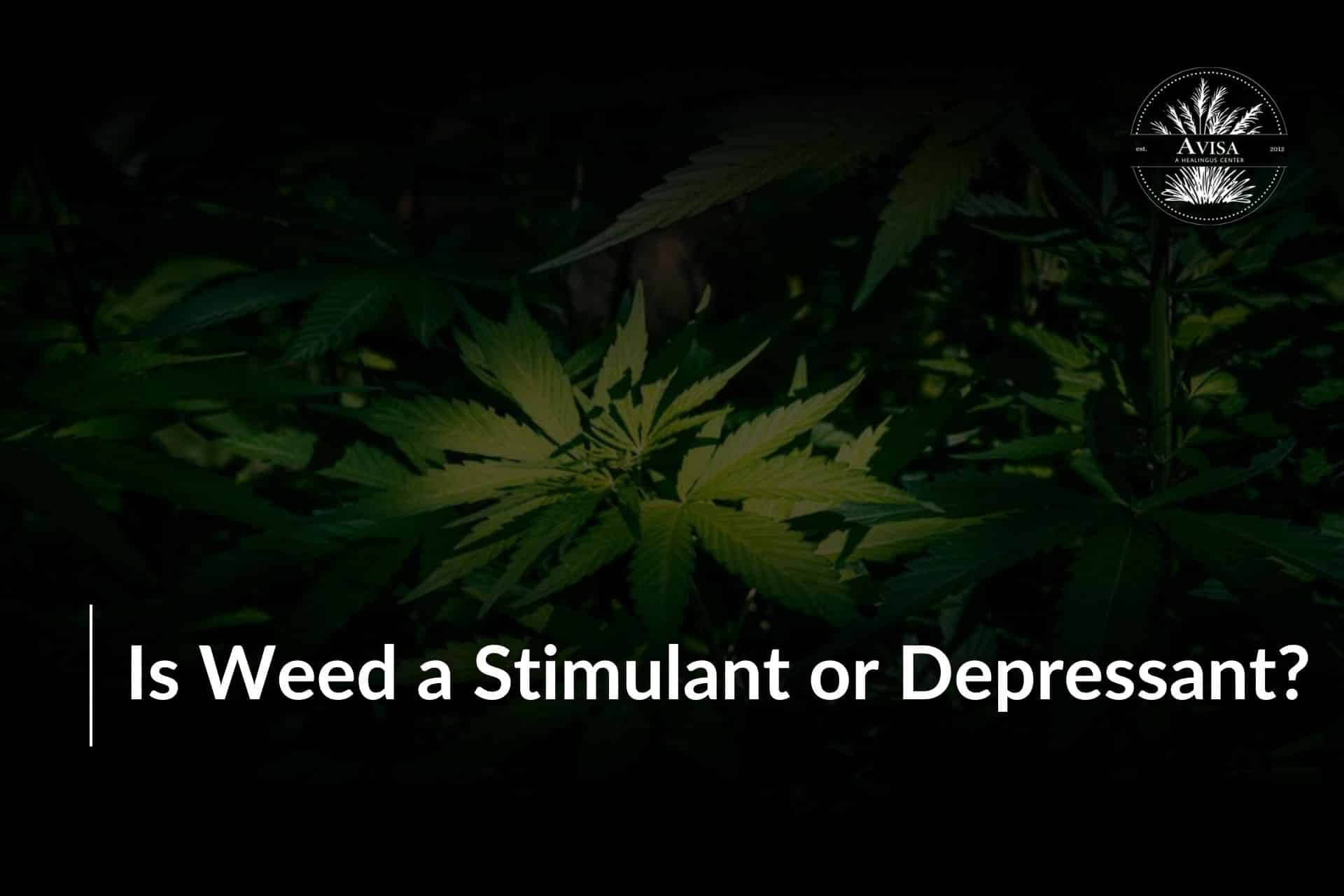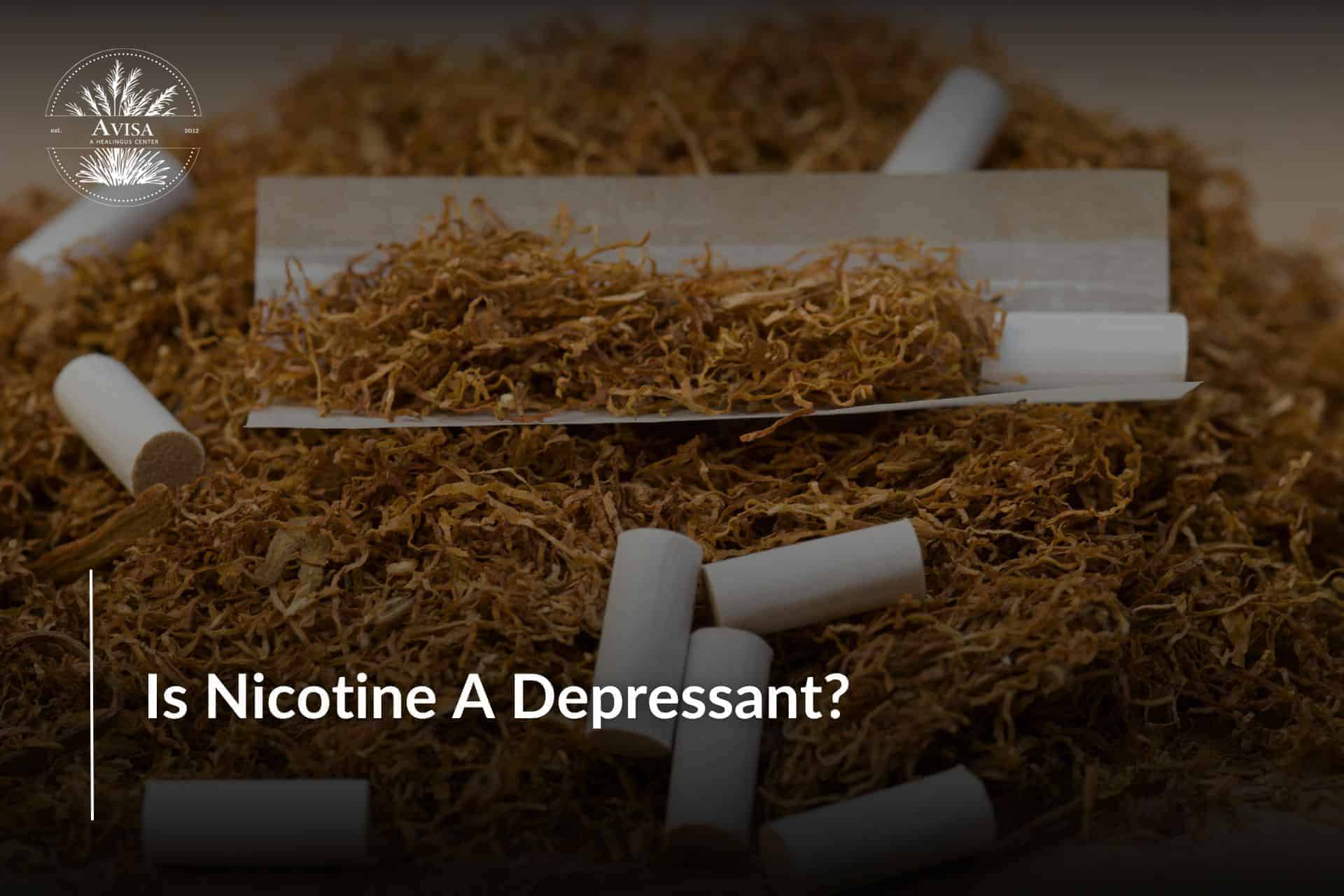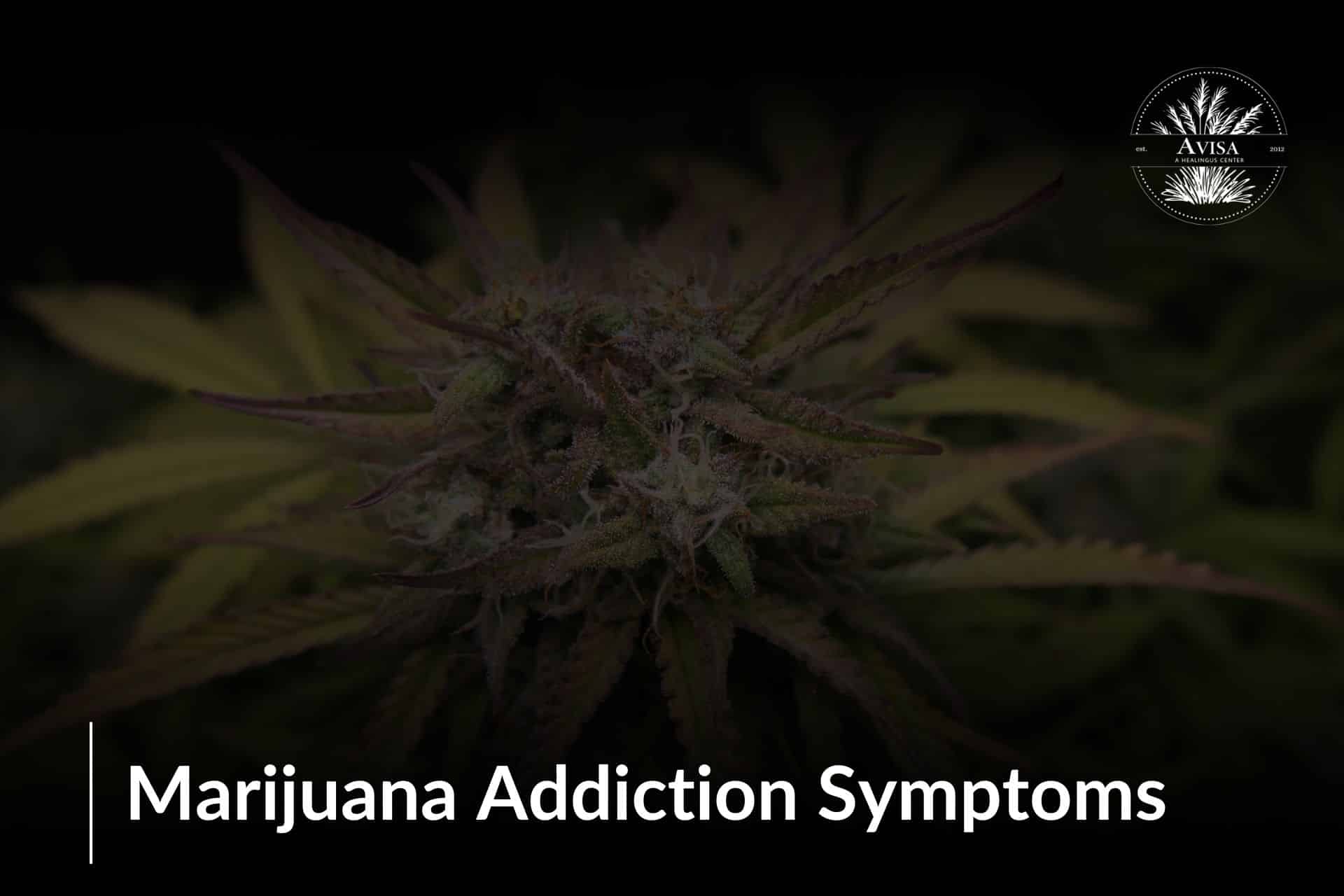Many people struggling with alcohol withdrawal find themselves battling insomnia as well. This frustrating combination can make an already difficult process even more challenging.
Alcohol withdrawal insomnia can be a challenging and often uncomfortable process, compounded by the presence of insomnia. Individuals undergoing alcohol withdrawal insomnia frequently experience difficulty falling asleep or staying asleep, leading to disrupted sleep patterns and daytime fatigue.
This insomnia can exacerbate other withdrawal symptoms, making the recovery process even more daunting.
In this article, we will explore effective strategies to cope with alcohol withdrawal insomnia, offering support and guidance for those navigating this difficult journey towards sobriety.
Understanding Alcohol Withdrawal Insomnia
While alcohol may initially induce drowsiness, it has a deceptive relationship with sleep regulation. Alcohol acts as a central nervous system depressant, slowing down brain activity and creating a feeling of drowsiness. This can lead people to fall asleep faster initially.
Alcohol, a central nervous system depressant, significantly impacts sleep regulation, leading to disturbances in sleep patterns and quality. Here’s how:
- Disruption of Sleep Cycles: Alcohol disrupts REM and non-REM sleep, which is crucial for rest.
- Impact on REM Sleep: Initially inducing drowsiness, alcohol shortens REM onset.
- Alteration of Non-REM Sleep: Alcohol reduces deep, restful sleep.
- Effects on Sleep Architecture: Alcohol increases awakenings and lowers sleep quality.
- Withdrawal Effects: Alcohol withdrawal worsens insomnia as the body adapts.
The Effects of Alcohol Withdrawal on Sleep
The phenomenon of REM rebound introduces another layer of complexity, as heightened REM sleep intensity can lead to vivid and emotionally charged dreams, disrupting sleep patterns further. Addressing these challenges requires a comprehensive approach to managing withdrawal symptoms and promoting restful sleep during the detoxification process.
Alcohol withdrawal can profoundly affect sleep quality due to various withdrawal symptoms:
- Anxiety: Elevated anxiety levels during withdrawal can hinder relaxation, making it challenging to fall asleep and stay asleep.
- Tremors: Physical discomfort and tremors can disrupt sleep continuity, leading to frequent awakenings throughout the night.
- Sweating: Excessive sweating, a common withdrawal symptom, can cause discomfort and contribute to sleep disturbances.
Common Symptoms of Alcohol Withdrawal Insomnia
Before delving into the specific symptoms of alcohol withdrawal insomnia, it’s essential to understand the toll that alcohol detox can take on an individual’s sleep patterns. Alcohol withdrawal is a complex process that often involves a range of physical and psychological symptoms as the body adjusts to the absence of alcohol. Among these symptoms, insomnia is particularly common and can manifest in various ways.
During alcohol detox, individuals may experience various sleep disturbances, including:
- Difficulty Falling Asleep: Many people struggle to initiate sleep, finding it challenging to transition from wakefulness to sleep.
- Frequent Awakenings: Individuals may wake up multiple times throughout the night, interrupting the continuity of their sleep.
- Vivid Dreams: Alcohol withdrawal can lead to the experience of vivid and often unsettling dreams, contributing to sleep disruption and emotional distress.
How to Manage Alcohol Withdrawal Insomnia Naturally
Managing alcohol withdrawal insomnia naturally involves adopting healthy habits and routines to support better sleep. Here are some effective strategies:
- Establish a Sleep Routine: Maintain a consistent sleep schedule and engage in relaxing bedtime activities like reading or taking a warm bath to signal to your body that it’s time to wind down. Optimize your sleep environment for comfort, ensuring a cool temperature, minimal noise, and darkness.
- Lifestyle Modifications: Incorporate regular moderate exercise into your routine, avoiding strenuous activity close to bedtime. Follow a healthy diet, avoid heavy meals and stimulants before bed, and stay hydrated throughout the day while limiting fluid intake before bedtime.
- Relaxation Techniques: Practice deep breathing exercises or progressive muscle relaxation before bedtime to calm the mind and body, reducing stress and anxiety to improve sleep quality naturally during alcohol withdrawal.
The Role of Medication in Treating Alcohol Withdrawal Insomnia
In severe cases of alcohol withdrawal insomnia, medication may be necessary to alleviate symptoms and support the detoxification process. Medications such as benzodiazepines or non-benzodiazepine sedative-hypnotics may be prescribed to help promote sleep.
However, individuals must understand that these medications carry risks, including the potential for dependence and withdrawal symptoms if not used appropriately.
- Medical Supervision: Medication for severe alcohol withdrawal insomnia should be prescribed and monitored by a qualified healthcare professional.
- Prescription: Doctors may prescribe medications like benzodiazepines or sedative-hypnotics to promote sleep during detox.
- Risks: Understand potential risks, including dependence and withdrawal symptoms, with medication use.
- Consultation: Consult with a healthcare professional for proper assessment and ongoing monitoring.
- Short-Term: View medication as a short-term intervention within a comprehensive treatment plan for long-term recovery.
The Importance of a Supportive Environment During Alcohol Withdrawal
During alcohol withdrawal, having a supportive environment is paramount to the recovery process. A supportive network of friends, family members, or a therapist can provide invaluable assistance and encouragement during this challenging time.
Emotional support plays a crucial role in helping individuals cope with the physical and psychological symptoms of withdrawal. Supportive individuals can offer words of encouragement, reminding the individual of their strength and resilience.
- Emotional Support: Friends, family, or therapists provide vital emotional support during detox and recovery.
- Encouragement: Supportive individuals offer motivation and encouragement, reinforcing the individual’s strength.
- Reduced Isolation: A supportive network combats feelings of isolation, fostering a sense of connection.
- Accountability: Supportive people hold the individual accountable, helping them stay committed to recovery.
- Problem-Solving: Trusted individuals assist in navigating challenges and finding solutions.
- Empathy: Understanding and empathy from supportive individuals reduce feelings of shame and guilt.
With the help of a supportive network, individuals going through alcohol withdrawal can navigate challenges more effectively, ultimately improving their chances of successful recovery.
Seeking Professional Help for Alcohol Withdrawal Insomnia
A key advantage of seeking professional help is the ability to receive a personalized treatment approach. Healthcare professionals can assess your circumstances, considering factors such as your medical history, severity of symptoms, and any underlying health conditions. This personalized approach allows for targeted interventions that are tailored to your unique needs, increasing the likelihood of successful treatment outcomes.
- Persistent Sleep Issues: If natural remedies don’t help, consult a specialist.
- Doctor or Therapist: Seek guidance from a sleep or addiction expert.
- Comprehensive Assessment: Identify underlying causes.
- Tailored Solutions: Receive personalized treatment.
- Ongoing Support: Ensure continuous monitoring and adjustments.
Tips for Maintaining Sober Sleep Long-Term
- Consistent Schedule: Stick to regular sleep times.
- Relaxing Routine: Establish calming bedtime rituals.
- Avoid Stimulants: Limit caffeine and nicotine intake.
- Optimize Environment: Create a sleep-friendly bedroom.
- Stress Management: Practice stress-relieving activities.
- Limit Screen Time: Minimize screen exposure before bed.
- Stay Active: Engage in regular physical activity.
Maintaining sober sleep long-term requires a combination of healthy habits and proactive management of potential sleep disruptors. By incorporating these strategies into your daily routine, you can support a restful and rejuvenating sleep experience, enhancing your overall well-being in recovery.
Conclusion
In conclusion, navigating alcohol withdrawal insomnia can be a daunting task, but with the right strategies and support, it’s possible to overcome these challenges and achieve restful sleep during the recovery process.
By understanding the effects of alcohol withdrawal on sleep, adopting natural management techniques, and seeking professional help when needed, individuals can improve their sleep quality and overall well-being.
Remember, maintaining sober sleep long-term requires dedication and persistence, but the rewards of improved health and vitality are well worth the effort. If you or someone you know is struggling with alcohol withdrawal insomnia, don’t hesitate to reach out to Avisa.
Together, we can work towards a brighter, sober future.
FAQ’s
Que: How long does insomnia last after you stop drinking?
Insomnia after quitting drinking varies but typically improves within weeks as the body adjusts to sobriety.
Que: What occurs to your body day by day when you stop drinking?
When you stop drinking, your body undergoes significant changes each day, including improved hydration, liver function, and mental clarity.
Que: What is alcohol withdrawal insomnia?
Withdrawal insomnia refers to difficulty sleeping experienced during the detoxification process when discontinuing alcohol use.
Que: Can alcohol induce insomnia for days?
Yes, alcohol withdrawal can cause insomnia for several days as the body detoxifies and adjusts to sobriety.
Que: What is the alcohol rest rebound effect?
The alcohol sleep rebound effect is an increase in REM sleep after a period of alcohol consumption, often leading to vivid dreams and disrupted sleep patterns.
Que: What are the concessions of 40 days no alcohol?
Benefits of 40 days without alcohol include improved sleep quality, mental clarity, physical health, and overall well-being.


